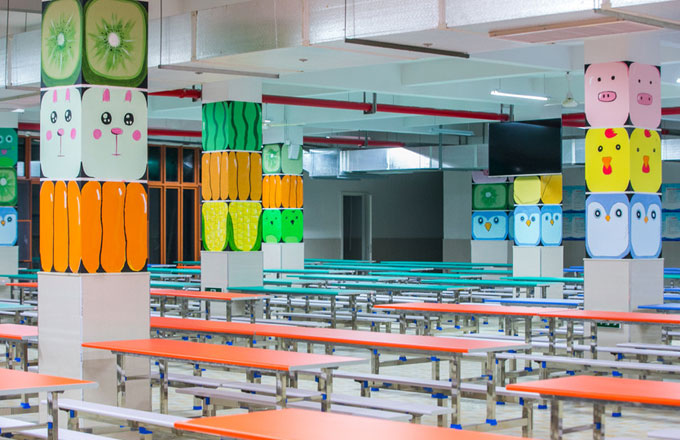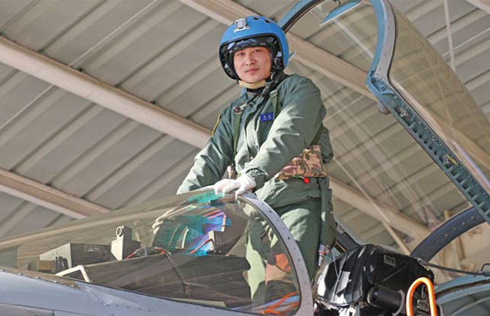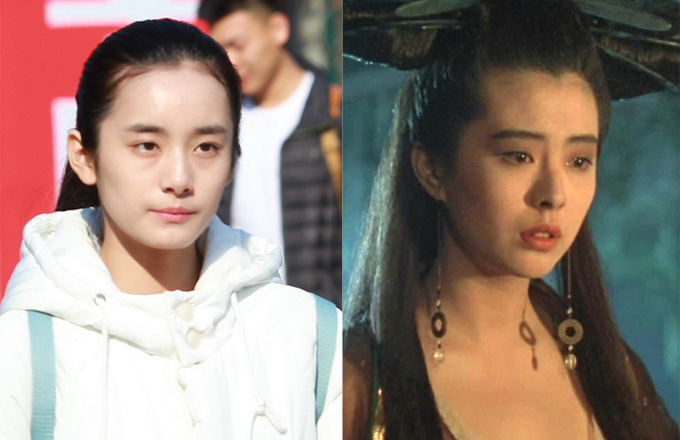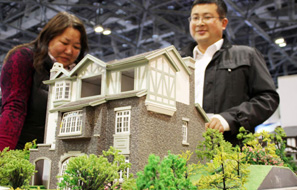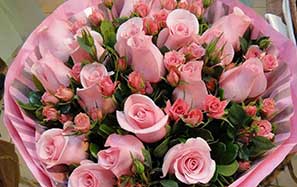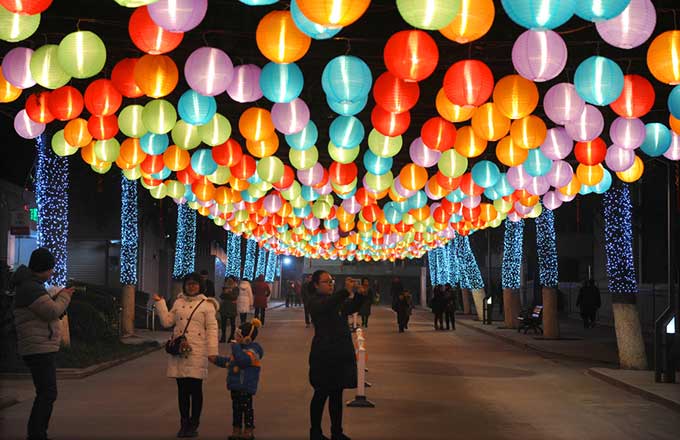Woman gives birth to second child despite odds
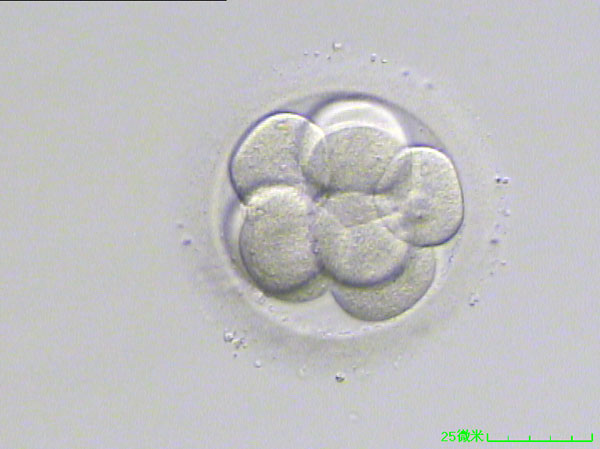 |
|
File photo shows an embryo. [Photo/VCG] |
A 46-year-old woman has recently given birth to her second child after getting pregnant with an awakened embryo that had been frozen for 16 years at a hospital in Guangzhou, South China's Guangdong province.
The woman surnamed Yang is infertile due to ovarian disease and she had her first son through assisted reproductive technology in 2000, said Xu Yanwen, director of the reproductive department at the First Affiliated Hospital of Sun Yat-sen University.
In May, Yang expected her second baby, Xu said, and doctors had awakened nine of 18 embryos that were frozen 16 years ago, four of which developed into blastulas. Doctors chose one for transplant and the other three blastulas were frozen.
Yang gave birth to her second son early this month, Guangdong-based newspaper New Express reported.
Usually, more than one egg will be used for in vitro fertilization and develop into embryos for transplant. Not all the embryos will be used, and the surplus embryos that are preserved for future use will be frozen in liquid nitrogen.
Xu said it was the second case the hospital used embryos frozen about 16 years ago to help a patient get pregnant and give birth last year. However, these were the oldest frozen embryos that the hospital has used for patients.
The hospital has stored more than 100,000 frozen embryos.
Wang Zilian, director of the obstetrics and gynecology department, said that due to Yang's age, she experienced a few obstacles during the pregnancy, such as slight thalassemia and hyperglycemia.
Fortunately, Yang safely gave birth to a more than four-kilogram infant, and they have returned home with the baby, Wang said.
The adoption of the universal second-child policy in China has attracted some older, possibly infertile couples to have a second child through this assisted reproductive technology.
About 1,000 women over 40 years old applied for the assisted reproductive technology, but "we have persuaded most of them to drop the idea," Wang said.
She said it is difficult for older women to get pregnant, and the pregnancy as well as giving birth is more dangerous for them.
- Public security bureau backs app for citizens to report suspicious behavior
- Five stories to inspire love on Valentine’s Day
- Eleven miners trapped in Central China coal mine blast
- Eight dead in Central China coal mine blast
- China orders medical security campaign following malpractice-caused HIV infections






